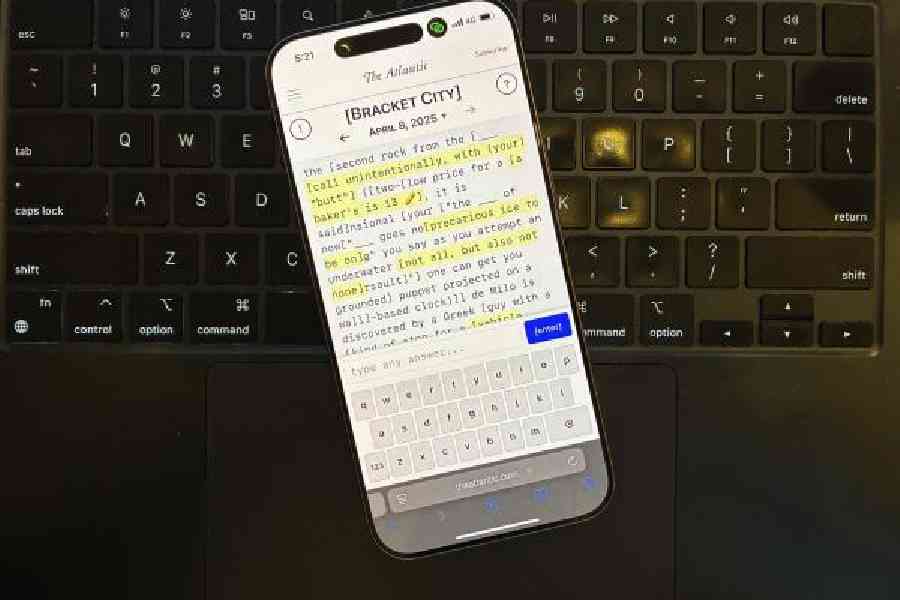The success of Wordle prompted The New York Times to acquire the game. Since then, many companies have tried to recreate the magic of word games, giving way to clones. The publication found some more success with Connections. Another game that has been collecting steam is Bracket City, which comes from The Atlantic.
You can play Bracket City on the magazine’s website. Ben Gross, an independent game designer who created the game, will continue to work on it alongside The Atlantic’s director of games, Caleb Madison.
The objective of the game is to solve a series of clues to reveal a fact about that given day in history. The clues need to be solved in order, but if you figure out an answer at a higher level, you can use that to work your way backward.
Players earn city-themed ranks for success, such as ‘Commuter’, ‘Mayor’ or the coveted ‘Kingmaker’ for a perfect puzzle.
The clues that come in the game are cryptic hints, fill-in-the-blank idioms and general knowledge teasers. If you click on a hint, the first letter of its answer is revealed. In the “hard” mode you don’t have to press enter to submit a guess but “every keystroke counts”.
The game is addictive and it is as entertaining as Connections. The idea is to find the right word and there is the angle involving general knowledge. It easily an addition to your stash of play-once-a-day puzzle games.
You don’t have to register on The Atlantic to play the game and it doesn’t ask for any personal information to complete the game.
The Atlantic is also in the news for its editor-in-chief Jeffrey Goldberg, who was added to a Signal group chat formed by high-ranking members of the Trump administration to discuss plans for military strikes on Yemen. The result: He had the details of an attack targeting the Houthis hours before it actually occurred on March 15.











